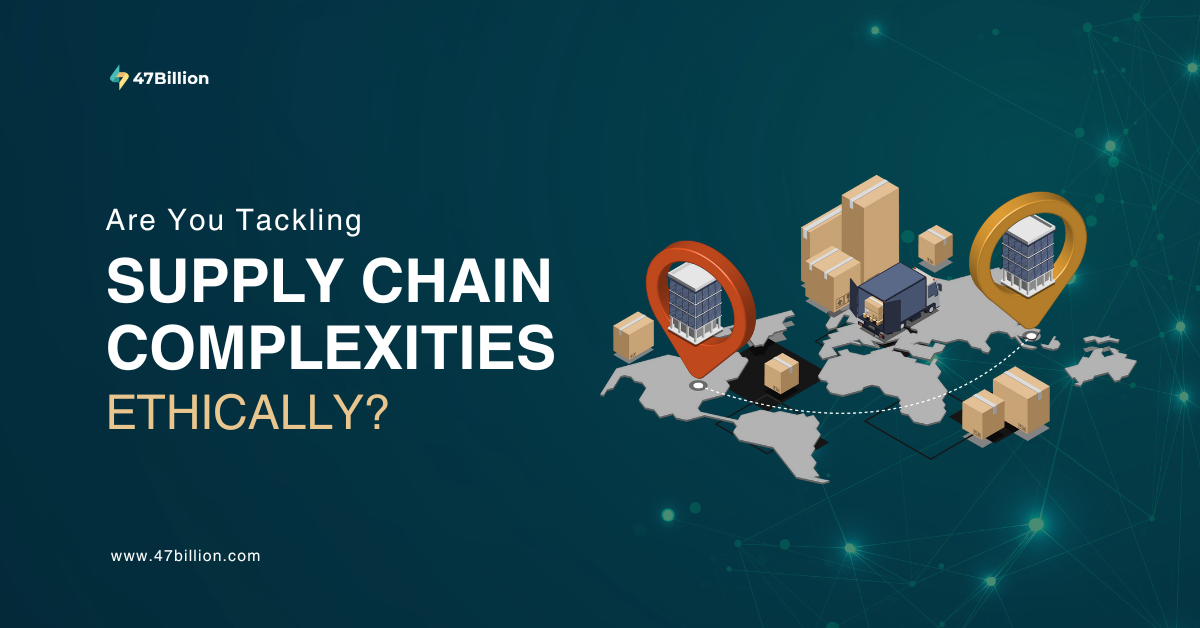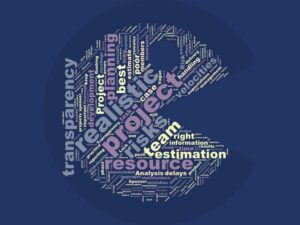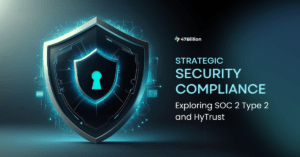In today’s globalized economy, the complexity of supply chains has surged, making ethical compliance increasingly challenging. Businesses striving to meet regulatory requirements like the Modern Slavery Act encounter numerous obstacles, from managing extensive supplier networks to ensuring comprehensive data collection and reporting. According to the MIT Center for Transportation and Logistics, supply chain sustainability is a growing concern among 61% of global professionals. Additionally, 84% of executives now consider a supplier’s sustainability credentials crucial in their evaluations. Let’s explore these challenges and how ESG Enterprise offers customized solutions to help businesses achieve ethical excellence and compliance.
Challenges in Procurement and Supply Chain Management
Managing modern supply chains is like working through a complex maze of suppliers and subcontractors, making the identification of modern slavery risks particularly challenging. As markets grow and supply chains become more globalized, the chances of ethical breaches escalate. This complexity is compounded by the need to handle vast amounts of data to ensure compliance.
Effective data management is crucial for adhering to the Modern Slavery Act. The necessity for comprehensive data collection and detailed reporting can easily overwhelm businesses, resulting in inefficient processes and fragmented systems. Without robust systems, organizations struggle to gather, process, and interpret the required information, which hampers transparency and accountability across the supply chain.
Moreover, inadequate data management can lead to compliance failures, potentially resulting in legal repercussions and damage to a company’s reputation. Therefore, implementing strong data management systems is essential for ensuring ethical integrity and maintaining compliance in an increasingly complex and regulated environment. By addressing these challenges, businesses can better safeguard against ethical breaches and demonstrate a steadfast commitment to ethical practices in their supply chains.
ESG Enterprise Solutions for Ethical Excellence
ESG Enterprise offers holistic solutions to help businesses overcome these challenges and achieve ethical compliance with the Modern Slavery Act.
1. Comprehensive Reporting Solutions
ESG Enterprise provides advanced reporting software and data collection tools designed to streamline compliance reporting processes. By centralizing data management and automating reporting workflows, organizations can efficiently track and document their efforts to combat modern slavery. This fosters a culture of transparency and accountability, enabling businesses to meet regulatory requirements and uphold ethical standards.
2. Benchmarking Ethical Standards
Integrating human rights indicators within ESG Premium Data allows organizations to benchmark their performance against industry standards and regulatory requirements. This enables businesses to assess their progress towards ethical compliance and identify areas for improvement. Leveraging benchmarking data, organizations can prioritize initiatives to address modern slavery risks within their supply chains and drive continuous improvement.
3. Holistic Risk Mitigation Strategies
ESG Premium Data for Benchmarking provides actionable insights into forced labor and other ethical risks within supply chains. Leveraging these insights, organizations can proactively identify and address potential vulnerabilities, strengthening their risk management practices and safeguarding against ethical transgressions. This holistic approach empowers businesses to enhance their supply chain resilience and uphold ethical integrity.
Monitoring Modern Supply Chains: Vulnerabilities, Innovations, & the ESG Imperative
Global disruptions—whether due to pandemics, geopolitical tensions, natural disasters, or climate emergencies—have exposed supply chain vulnerabilities. However, these challenges also present opportunities for innovation and strategic recalibration. As McKinsey notes, “Supply chain leaders now find themselves in an unfamiliar position: they have the attention of top management and a mandate to make real change.”
Supply chain leaders can reimagine and future-proof their supply chains by recognizing new priorities—sustainability, resilience, and efficiency—and integrating them with classic tenets of cost, quality, and service.
Evolving Supply Chain Dynamics
Organizations are increasingly prioritizing sustainability, resilience, and efficiency. According to the MIT Center for Transportation and Logistics, the importance of supply chain sustainability is trending upward among global supply chain professionals. The shifting landscape reveals that today’s supply chain concerns have evolved beyond cost and quality. The primary concerns now include:
- The erratic ebb and flow of supply and demand.
- The need to adapt quickly to change.
- The navigation of ESG expectations and regulatory challenges.
Our customers are recalibrating their supply chains with a focus on robustness, sustainability, and efficiency. More than 60% of survey participants are taking measures such as shortening transportation routes, streamlining deliveries, and fine-tuning inventory levels to further their ESG objectives.
Embracing Nearshoring: A Glimpse into the Future
“Nearshoring,” the practice of transferring operations closer to their end destination, is gaining traction. This strategy reduces transportation time, fuel use, and carbon emissions. For example, during the pandemic, a multinational food and beverage company collaborated with ESG Enterprise to establish a regional distribution center in the Dominican Republic. This hub allowed the company to import goods from Mexico, Peru, and the U.K. for distribution across the Caribbean, reducing transit times, optimizing shipments, and cutting carbon emissions.
The ESG Paradigm in Vendor Selection
The criteria for vendor evaluations are evolving. Companies are now looking beyond cost-effectiveness to consider environmental impact and vendor relationships. Suppliers that can demonstrate eco-friendly practices—such as tangible carbon reduction through renewable energy or operational enhancements—gain a competitive edge. According to Supply Chain Dive, 84% of supply chain executives state that a prospective partner’s decarbonization and sustainability credentials are “extremely or very influential” in their selection processes.
Moreover, companies are streamlining their vendor lists to reduce touchpoints and ensure comprehensive data sets. This strategy is gaining importance as organizations advance their commitments to decarbonization and ESG objectives.
Drawing Lessons from Clean Energy
The clean energy industry offers valuable insights. Growing concerns about climate change and energy security are driving a shift towards green solutions. The International Energy Agency estimates that renewables’ share of the power mix will reach 38% by 2027. However, the deployment of these solutions depends on the availability of their components, which are already in high demand.
In response to supply chain concerns, the U.S. Department of Energy issued a strategy to secure the supply chain for a robust clean energy transition. Manufacturers are ensuring uninterrupted access to critical components and materials, highlighting the importance of a resilient supply chain.
The Dawn of a New Supply Chain Era
The supply chain industry stands at a crucial crossroads. Global disruptions have highlighted vulnerabilities but also illuminated the path to transformation. As organizations shift their focus towards sustainability, resilience, and efficiency, they are guided by a renewed sense of purpose.
ESG Enterprise plays a crucial role in this transformation by providing tools and insights that streamline compliance efforts, enhance transparency, and promote ethical practices. By centralizing data management, automating reporting workflows, conducting thorough benchmarking, and developing robust risk mitigation strategies, businesses can effectively navigate modern supply chains and meet regulatory requirements.
The evolving landscape reveals the promise of a supply chain that not only meets traditional goals but also addresses environmental, social, and governance objectives. The momentum witnessed in sectors like clean energy testifies to the potential of this transformation. As organizations continue to adapt, partner, and innovate, they are charting a course toward a more sustainable, resilient, and efficient future for all stakeholders.
By partnering with ESG Enterprise, businesses can lead the way in ethical supply chain management and make meaningful strides in combating modern slavery. This not only mitigates risks and enhances transparency but also reinforces the organization’s dedication to ethical integrity, contributing to a more just and equitable global economy.




